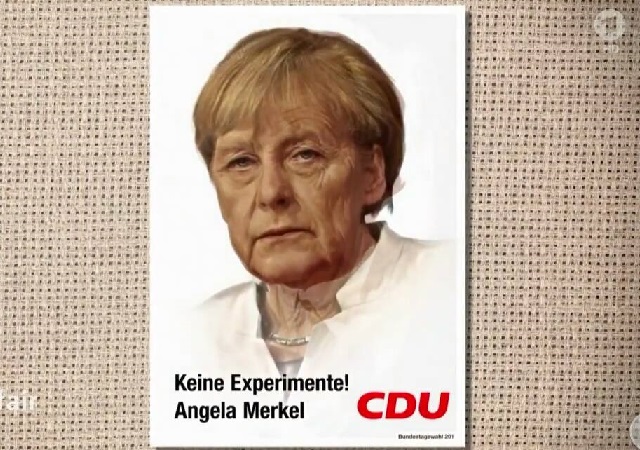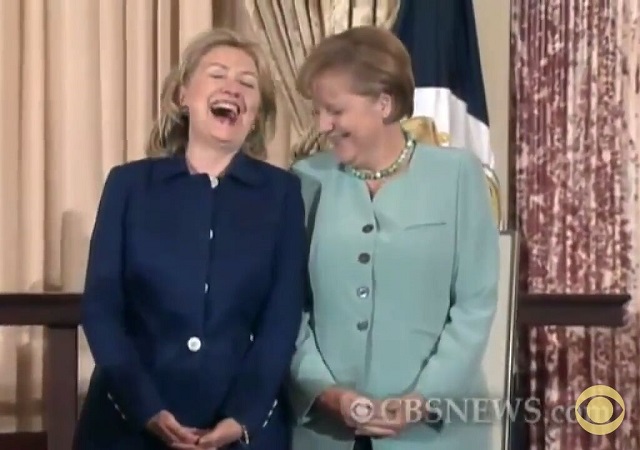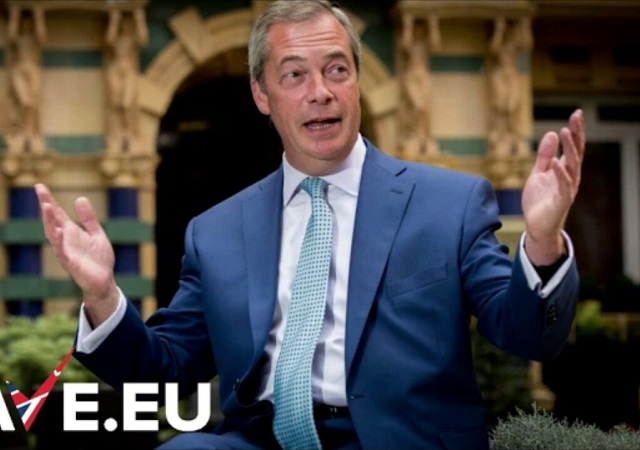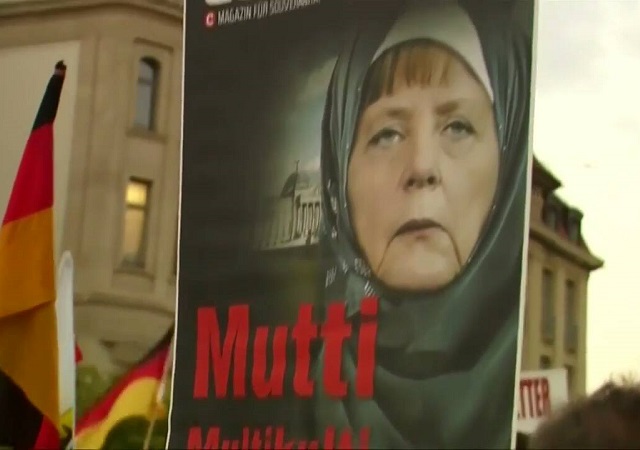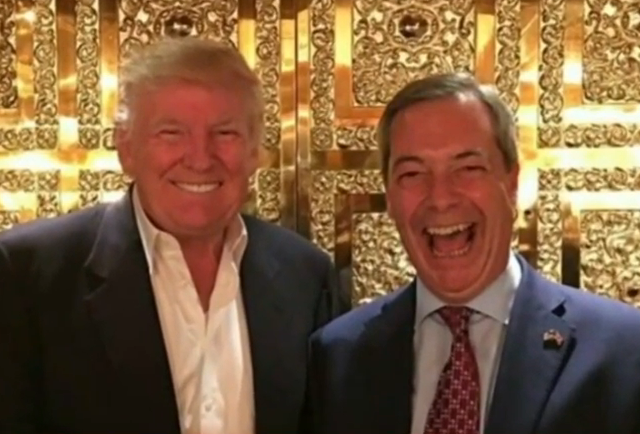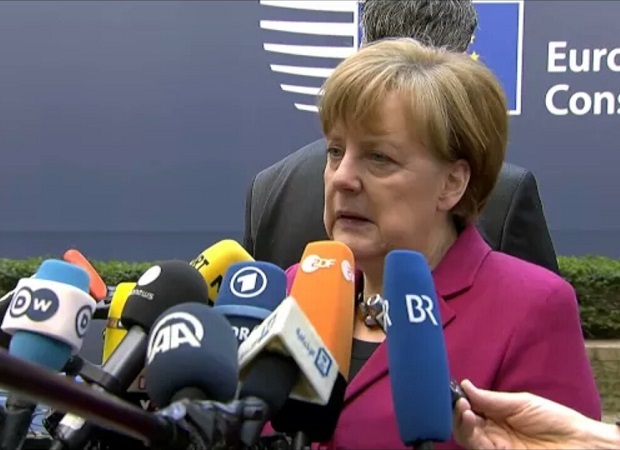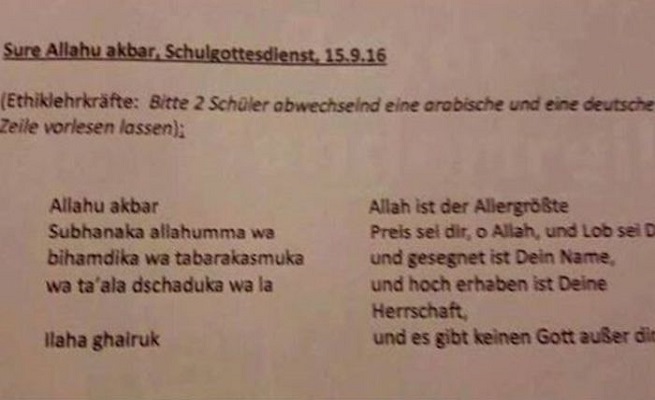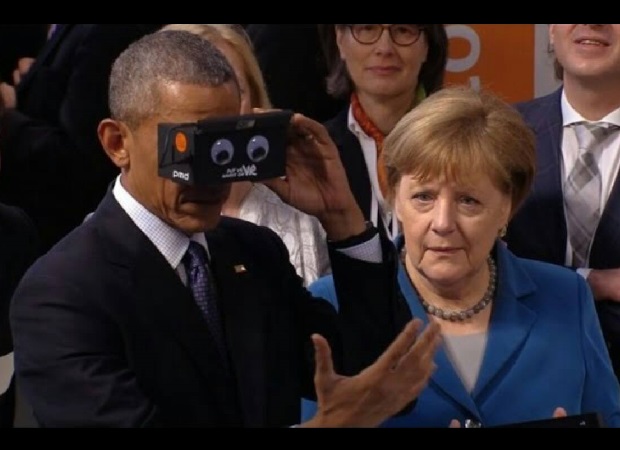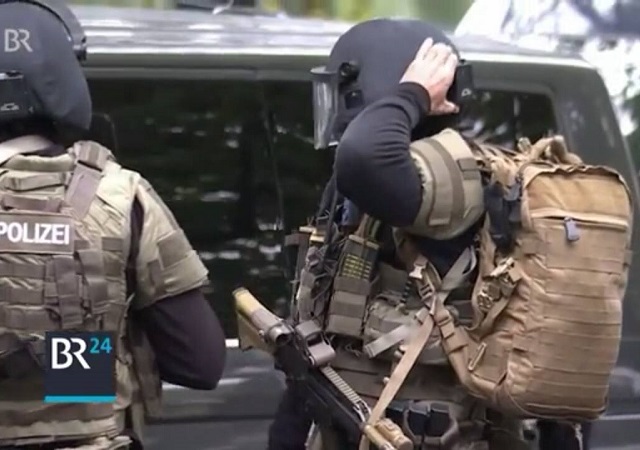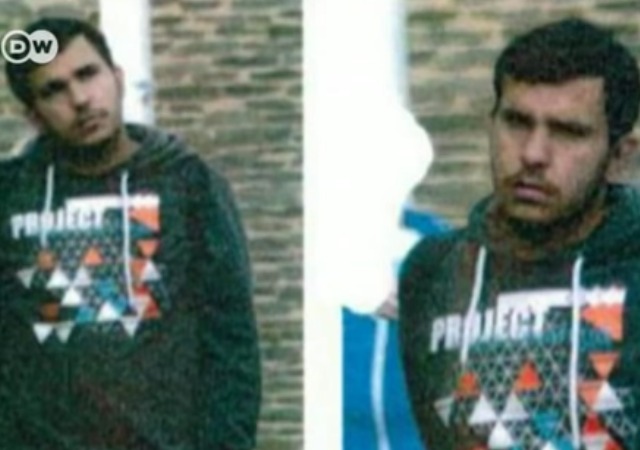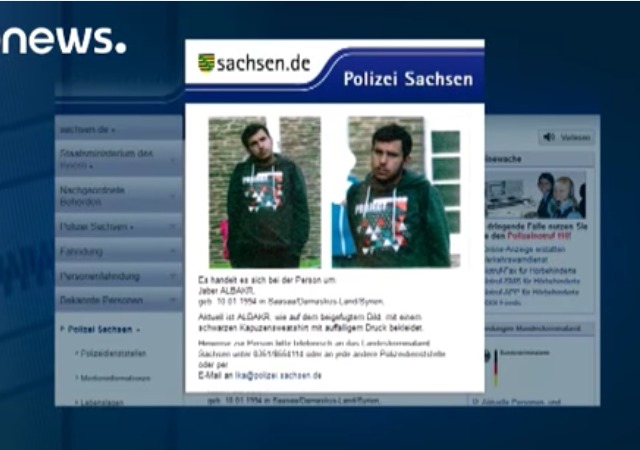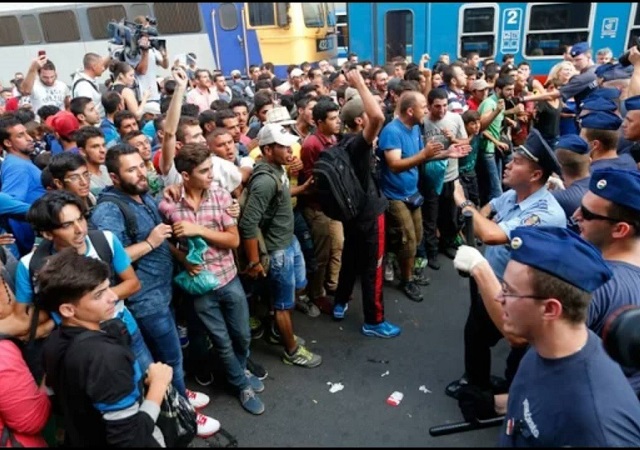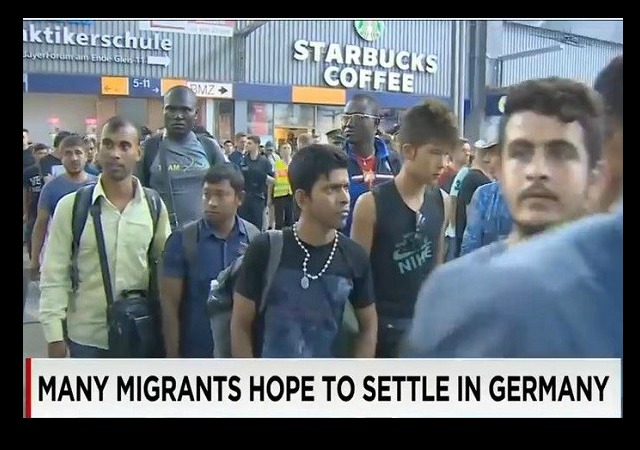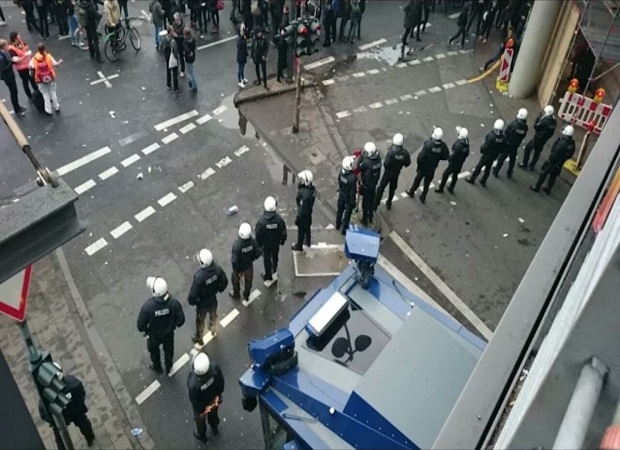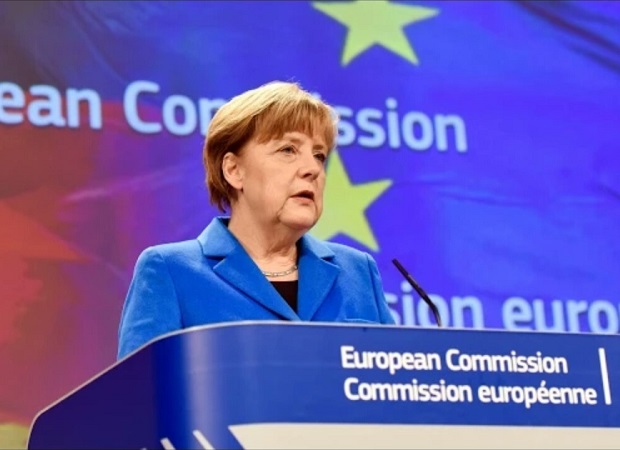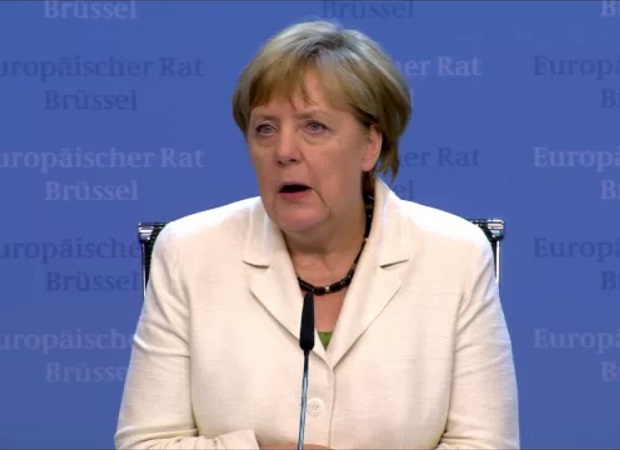With Election in Sight, Merkel Calls for Burqa Ban
on December 08, 2016
15 Comments
What could only be described as a political sleight-of-hand, German Chancellor Angela Merkel is suddenly running as a conservative ahead of next year’s general election. Merkel who opened the floodgates of Europe to millions of Arab and Muslim migrants by scrapping the border controls (Dublin Protocol), is now talking tough on mass-migration and calling for a ban on the regressive Islamic garb, Burqa.
“The full-face veil is not acceptable in our country,” Merkel said on Tuesday while addressing her party’s convention held in the city of Essen. “It should be banned, wherever it is legally possible.”

